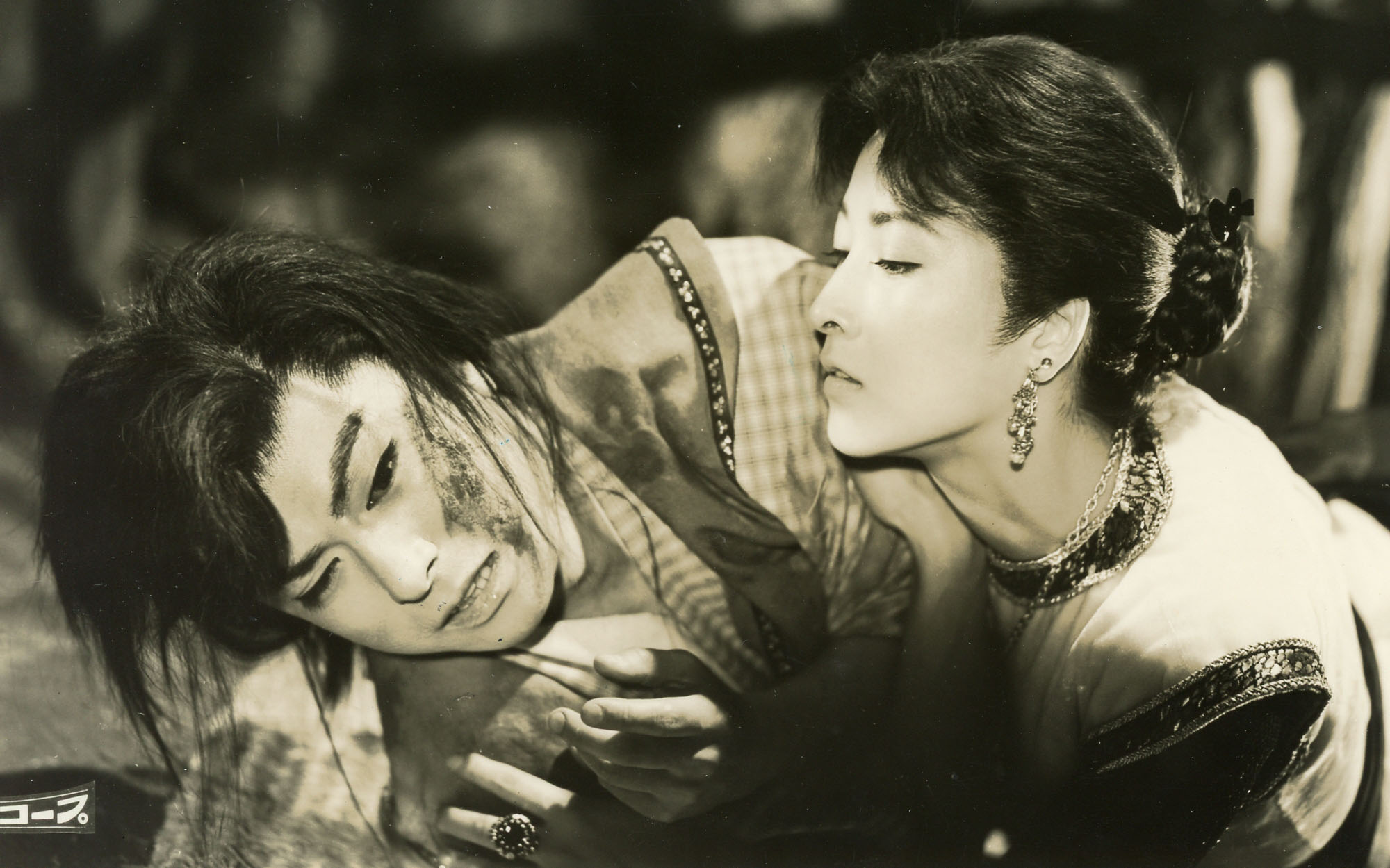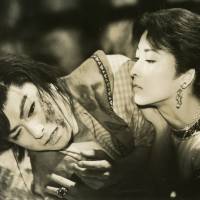Tai Kato (1916-85) has long ranked high on critics' lists as a neglected director, and the neglect continues, especially overseas.
Despite the occasional screening abroad, starting with a showing of his 1969 masterpiece "Red Peony Gambler: Flower Cards Match" in Pesaro, Italy, in 1984, Kato never achieved cult status with foreign fans and his work was ignored almost in entirety by the foreign film scholars of his era.
A maker of samurai and gangster films for Toei in the 1950s and '60s, he was neither extreme enough for the former crowd nor arty enough for the latter. But Kato has had his defenders, including famed critic Sadao Yamane, who went with Kato to Pesaro, and this writer, who profiled him in a 2003 book on yakuza movies. Now, the National Film Center is screening a retrospective of 42 Kato films to celebrate the centennial of his birth.
An assistant director for Akira Kurosawa on "Rashomon" (1950) and a devoted student of Yasujiro Ozu's aesthetics, Kato raised even routine stories of gangster revenge to dramatic heights using Ozu-esque low angles to give his characters grandeur and filming action scenes with a Kurosawa-like combination of realism and panache. But his style was ultimately his own, as were his strong, passionate heroines, such as the one played by Junko Fuji in the "Red Peony Gambler" films, who coolly dispatches male opponents with a short sword.
A Kato revival is still in the cards.
Tai Kato Retrospective at His Centenary runs until Sept. 4 at the National Film Center, Tokyo. For more details, visit www.momat.go.jp/fc.


















With your current subscription plan you can comment on stories. However, before writing your first comment, please create a display name in the Profile section of your subscriber account page.